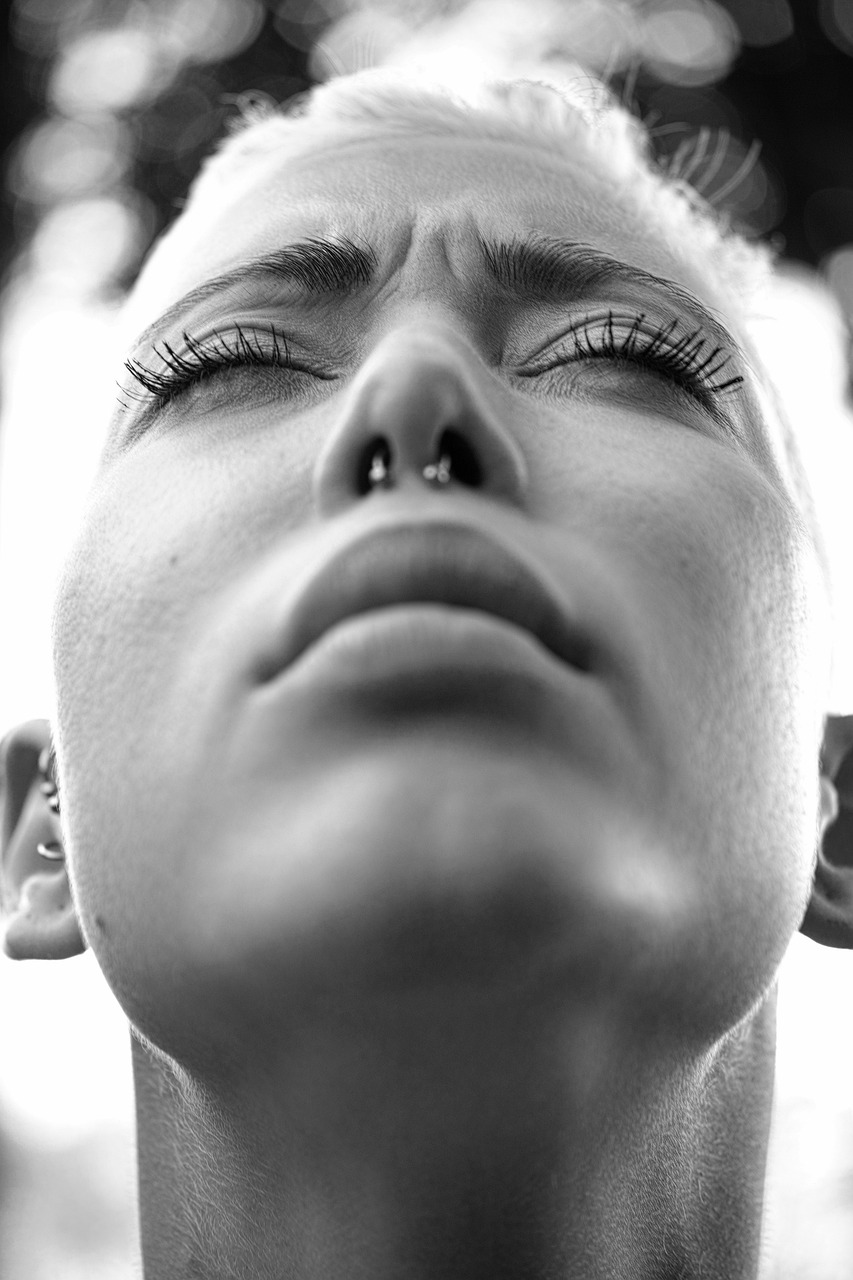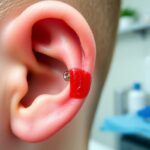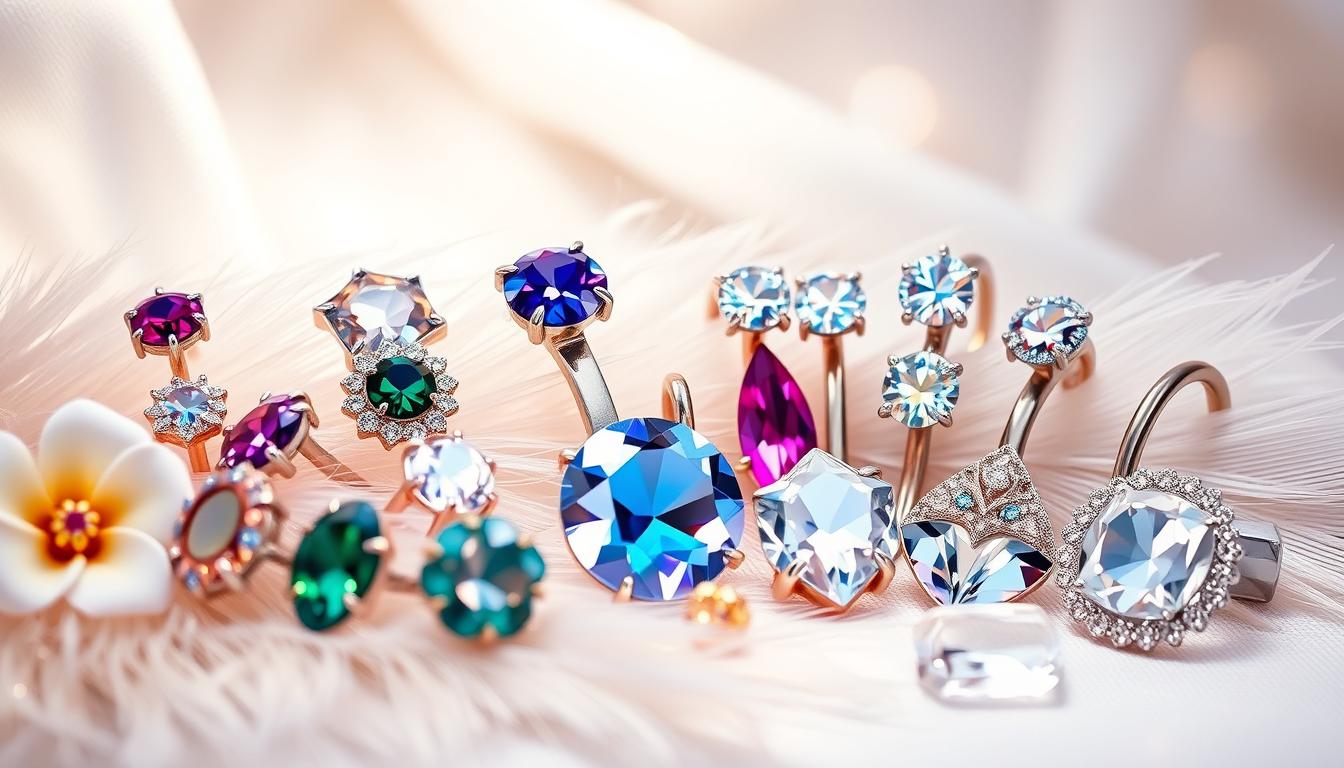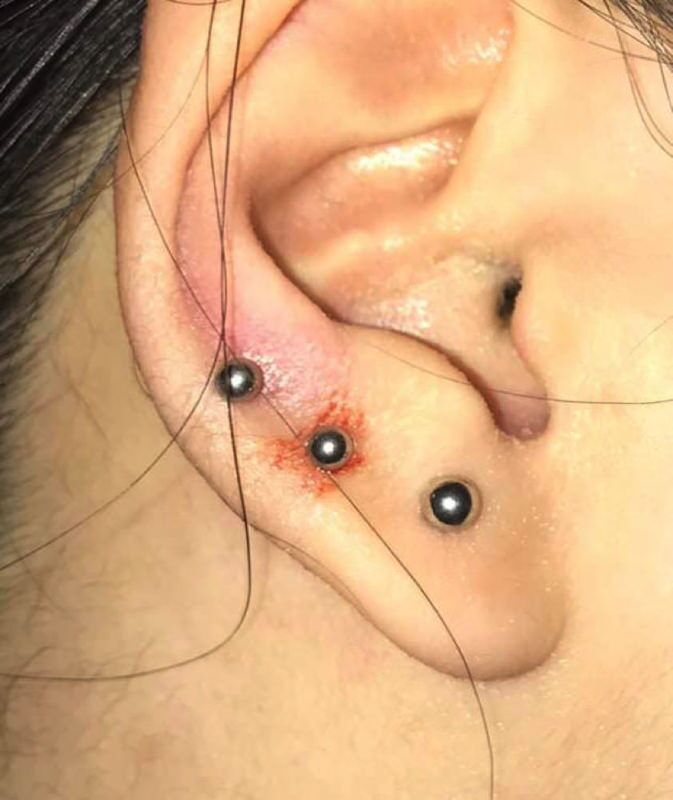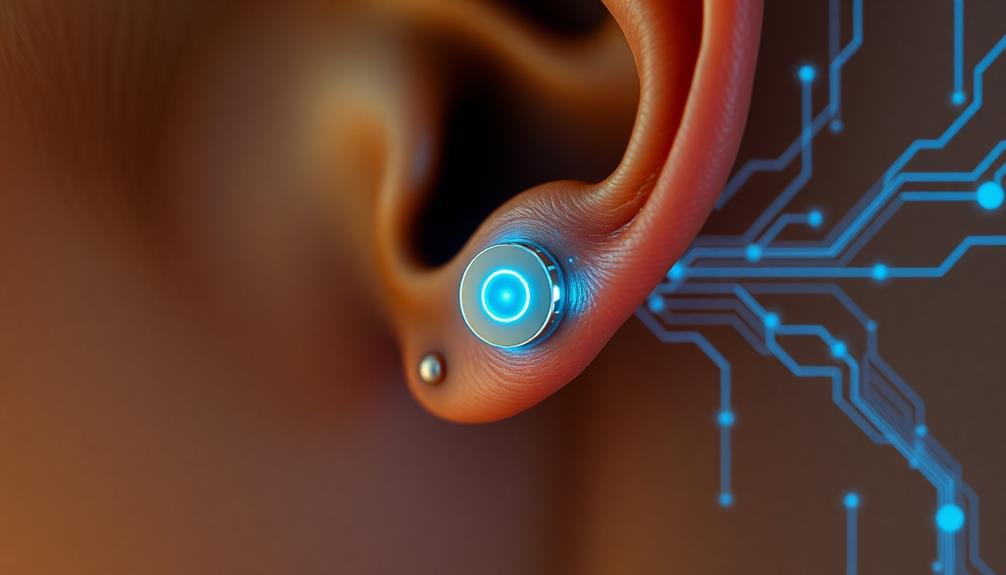Opting to have a piercing done can be a great way to enhance your personal style, but there is an important factor to consider beforehand. One concern to be aware of is the potential for an unpleasant odor emanating from your piercings. If this becomes an issue, it could lead to second thoughts about going through with the piercing.
Signs of a piercing reject
A piercing rejection can be characterized by a large or small wound, excessive discharge, swelling, and skin discoloration. These are all signs of rejection but they can be hard to tell apart from the natural healing process. Piercing rejection can happen within a few days of receiving the piercing or several months to years after the piercing has healed.
If you have a piercing and you are experiencing any of these symptoms, it is important to see your doctor. You might need to remove the piercing and re-pierce with a different type of jewelry. This will prevent migration and seal the exit holes.
Rubbish and touch can cause piercings to become irritated. The piercing may be irritated if you touch it. If you touch the piercing in an inappropriate manner, this can lead to rejection. In addition, if you use too much force when touching the piercing, you might make the piercing worse.
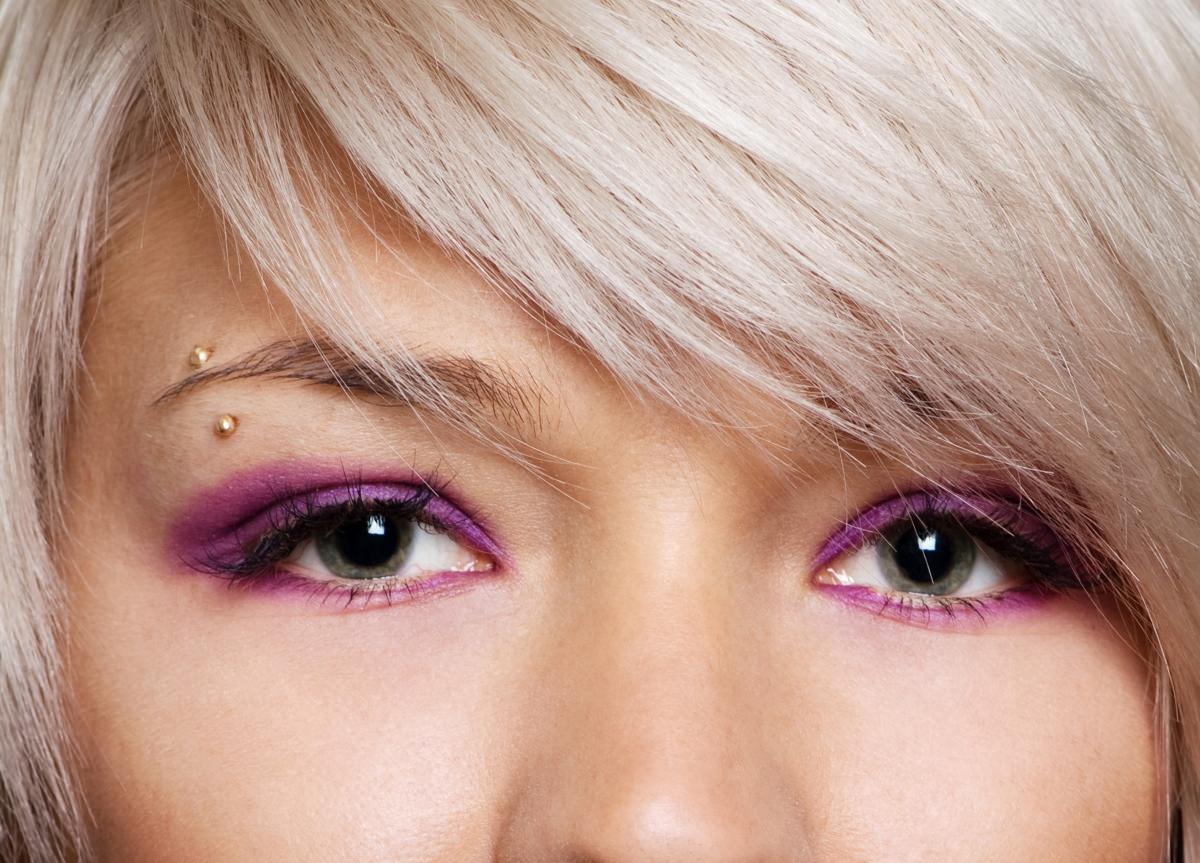
If you have an older piercing, it may be affected by lifestyle changes or other factors. You may also have a lower chance for rejection if your piercing was in the navel or earlobe than if it was in the neck, chest or under the nose.
The skin is the body’s largest organ and it does its best to protect the body from harmful microbes. The skin is also the body’s main means of self-defense. After a piercing, the body has a complicated process for healing the skin. It starts with a skin-widening hole and continues to progress through the process of inflammation. The body uses inflammation to push the foreign object from its body. If it goes on for too long, the piercing may be rejected.
There are many other signs that a piercing rejection is possible. It could be due to the type of jewelry that you wear, your skin, or your immune systems. If you have an infection or a weak immune system, your body will try to reject the piercing. However, if you have a healthy immune system, you may have a more stable piercing.
When it detects an infection, the body’s immune system kicks in. It will also increase its efforts if it recognizes something foreign. It may even try to push the piercing out of the body.
The body also uses the same complex process to heal a piercing that it does to heal any other wound. This process is a little more complicated. The skin also experiences inflammation and scarring. Scarring can be severe or mild and can make it difficult to get a new piercing.
The skin surrounding the piercing can also change. It may get flaky, red, and peeling. Transparent skin can also occur.
Aftercare for a piercing
It is crucial to keep a piercing clean for the healing process. The best way to do this is to follow your piercer’s aftercare instructions. Your piercer may recommend using a mild liquid soap to wash away any makeup, lotions, or hair care products.
The best aftercare for a piercing that smells is to use gentle soap that is free from dyes and perfumes. Avoid alcohol, rubbing alcohol, and hydrogen peroxide. They can irritate the healing area and cause damage to cells. You should also avoid spicy foods and acidic fruits.
Your piercing should not be touched with your dirty hands. This is because bacteria can transfer from your hands to your body. After cleaning your piercing, use a clean, dry towel to dry it. You should also rinse your piercing with clean, warm water several times a day.
You may notice that your piercing starts to smell like cheese. This is normal for new piercings. Avoid wearing jewelry that rubs against the piercing. Avoid rotating your jewelry. Rotating your jewelry can cause irritation and even infection.
You can also use an alcohol-free mouth rinse to help wash away bacteria. It can be used twice daily for 30-60 seconds. It can also be used before flossing. However, it is best to use a mouthwash diluted with bottled water.
To clean your piercings, you can also use a sterile solution. You can either buy a sterile saline solution in bottles or use a packaged solution. You can also mix a solution yourself by adding a quarter of a teaspoon of rock salt to half a pint of boiling water. Be sure to let the solution cool before using it.
Also, you should be aware that bacteria from your body can build up in your skin and cause infection. To avoid spreading bacteria to your piercings, be sure to wash your hands often. Avoid wearing jewelry around your piercing. If your jewelry comes into contact with your piercing, it can also transfer bacteria to the piercing.
When you’re in the shower, avoid touching your piercings. Your hands can carry bacteria that could irritate and infuse your piercing. Avoid using harsh cleaning agents to clean piercings. These agents can dry out your skin and cause infection. Triclosan soaps should be avoided as they can irritate your piercings.
You should also avoid washing your piercing with water other than the shower. Avoid hot tubs, oceans and lakes, rivers, and other water sources.
Piecing together a life one day at a time, that’s me. I’m Rusty, and I love being editor-in-chief of creative piercing. It’s my passion to help others see their vision and bring it to life. When I’m not working or taking care of my family, you can find me reading a good book or eating pie (of course!).


